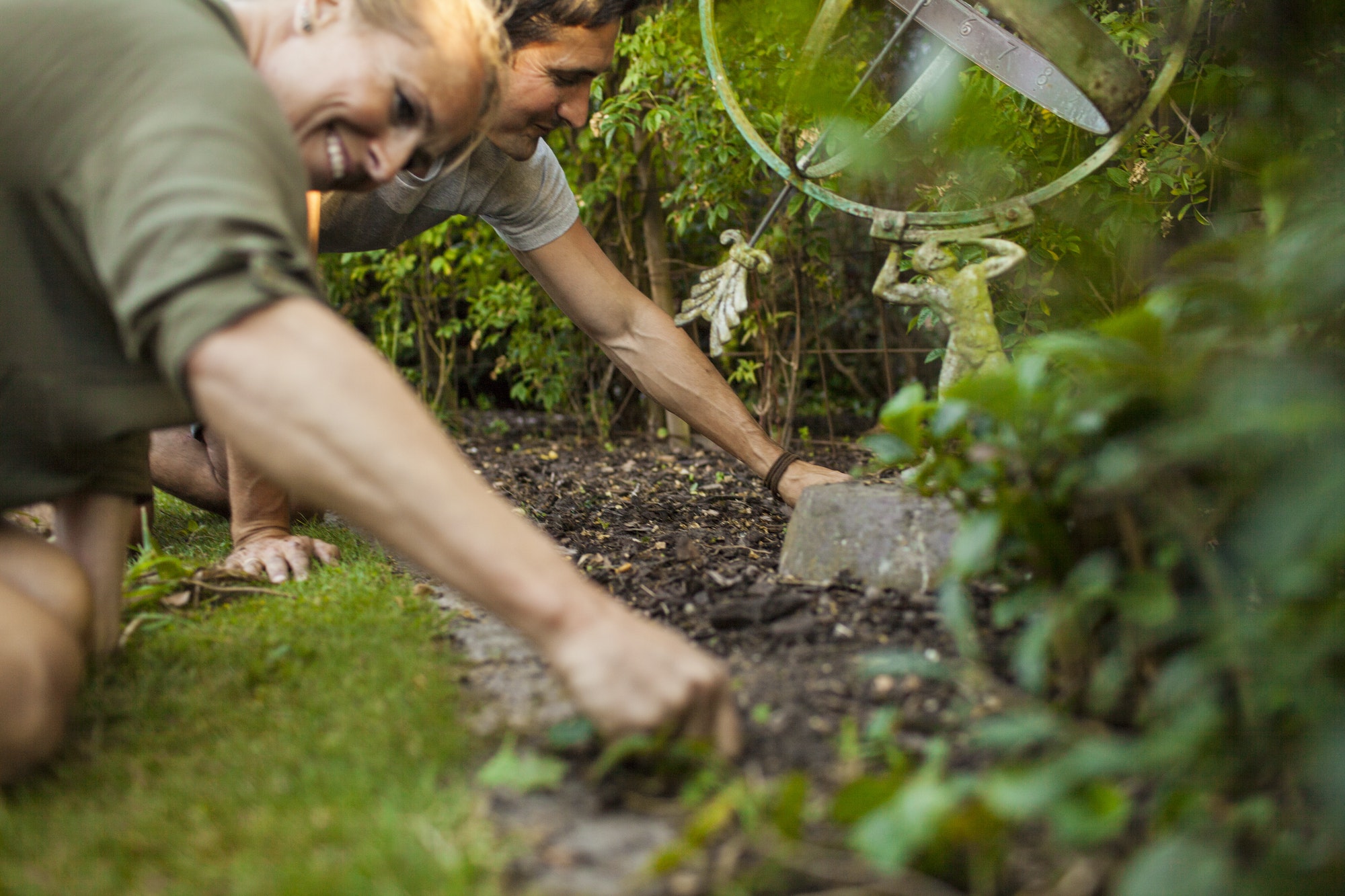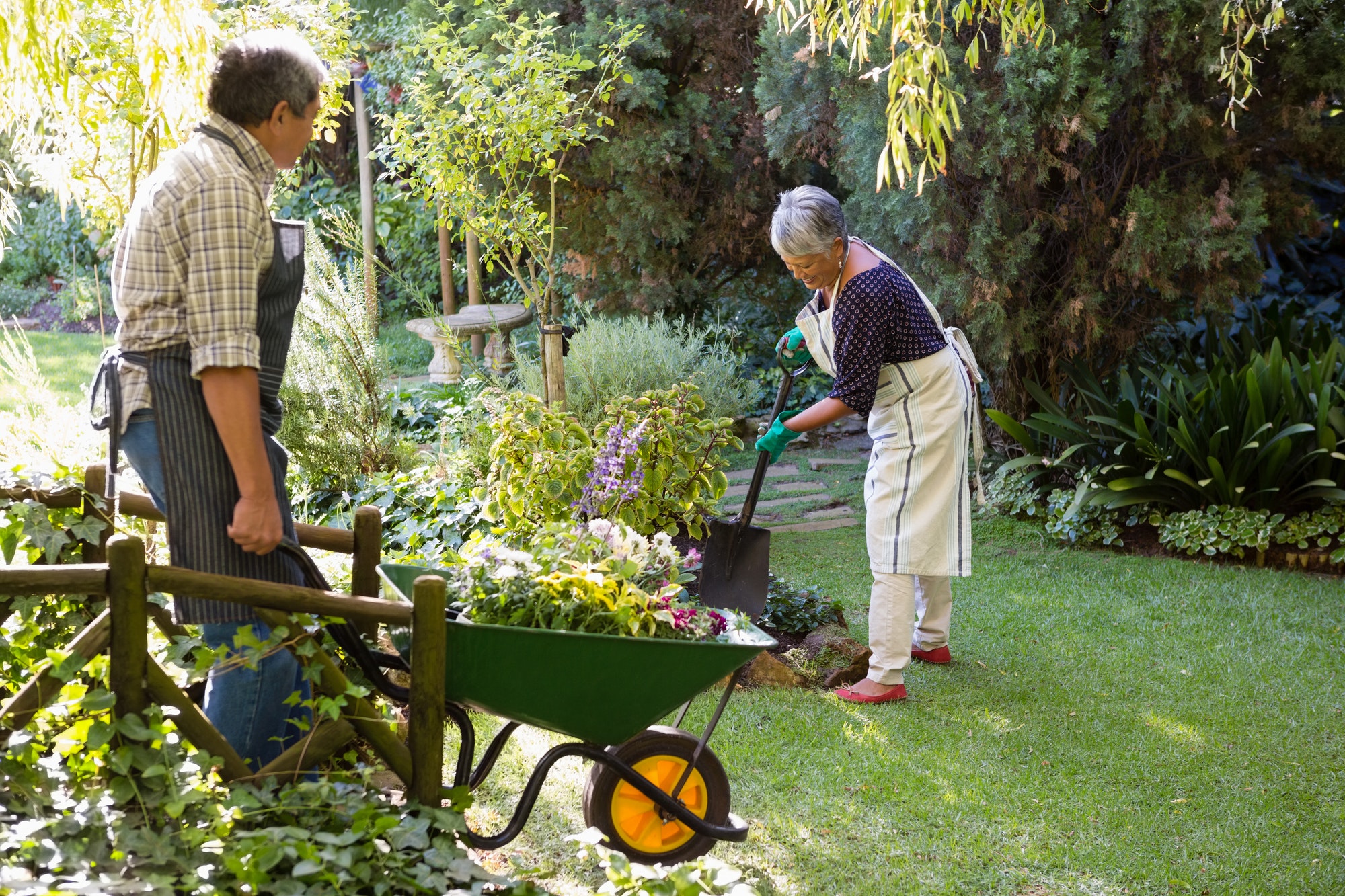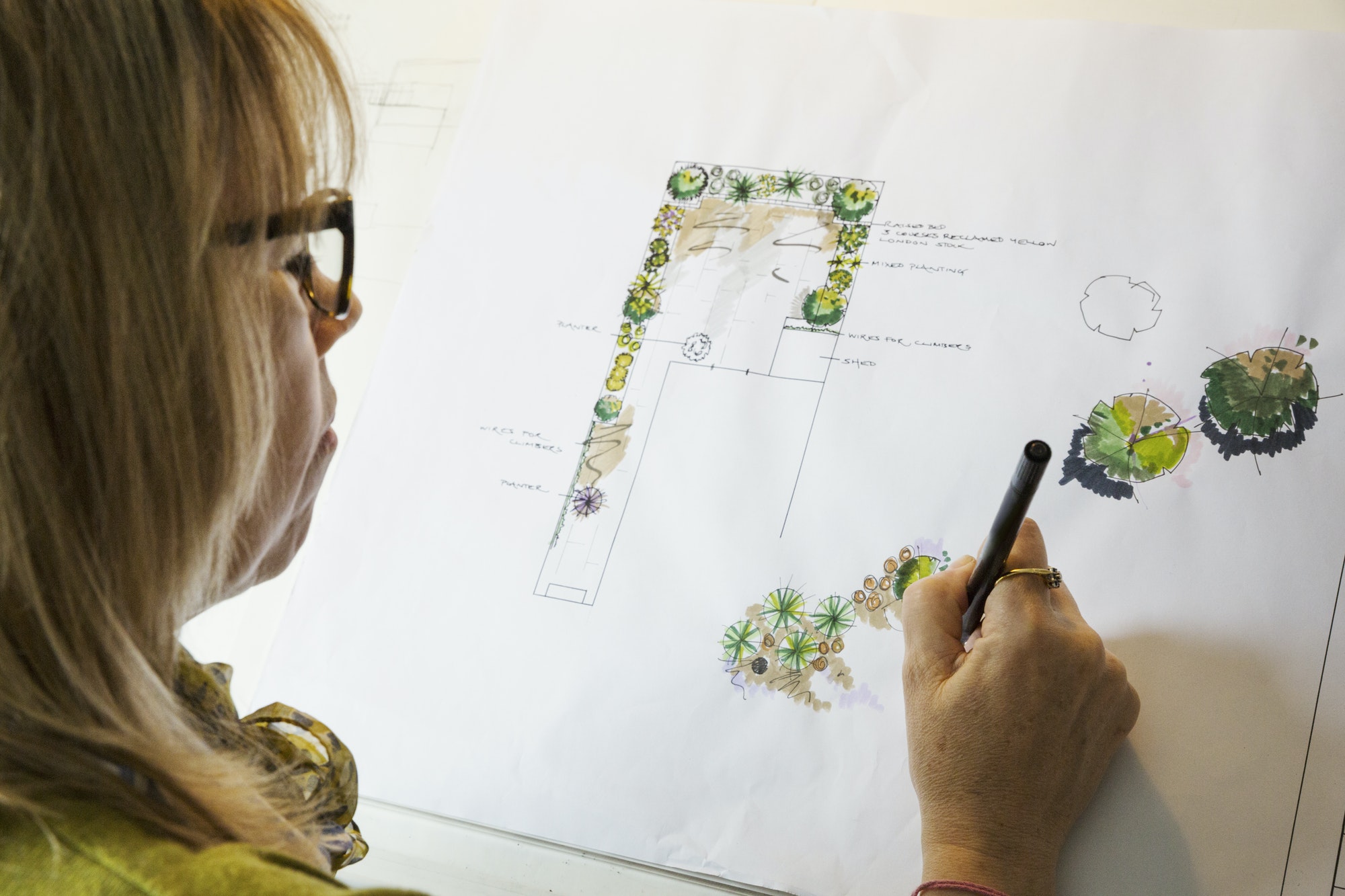Introduction:
As the world becomes increasingly aware of the environmental impact of human activities, gardening practices are also evolving to prioritize sustainability. One significant shift in gardening is the move towards peat-free compost. Peat-free compost offers numerous benefits for both plants and the planet, making it a compelling choice for environmentally-conscious gardeners.
Understanding Peat:
- The Environmental Impact of Peat Harvesting:
- Depleting Peat Bogs: Peat is primarily harvested from peat bogs, which are unique ecosystems that store carbon and support diverse plant and animal life.
- Carbon Emissions: The extraction of peat releases stored carbon into the atmosphere, contributing to climate change.
- Threats to Biodiversity:
- Loss of Habitats: Peat extraction disrupts natural habitats for various species, leading to a decline in biodiversity.
- Water Regulation: Healthy peat bogs play a crucial role in regulating water levels, and their depletion can result in flooding and other environmental issues.
Benefits of Peat-Free Compost:
- Reduced Carbon Footprint:
- Carbon Sequestration: Peat-free compost is typically made from sustainable alternatives, reducing the need for peat extraction and its associated carbon emissions.
- Lower Transport Emissions: Many peat-free alternatives are locally sourced, further reducing the carbon footprint associated with transportation.
- Preservation of Peat Bogs:
- Conservation Efforts: Choosing peat-free compost supports conservation initiatives aimed at preserving peat bogs and restoring damaged ecosystems.
- Responsible Gardening: By opting for peat-free alternatives, gardeners contribute to the protection of vital natural resources.
- Improved Soil Structure and Nutrient Content:
- Enhanced Water Retention: Peat-free compost often contains materials like coir and wood fiber, which improve water retention in the soil.
- Balanced Nutrients: Peat-free mixes are formulated to provide a well-balanced nutrient profile, promoting healthier plant growth.
- Sustainable Alternatives:
- Coir-based Compost: Coir, derived from coconut husks, is a popular peat substitute known for its water-retaining properties and sustainable sourcing.
- Wood Fiber Compost: Composts containing wood fiber help mimic the structure of peat while utilizing a renewable resource.
Conclusion:
Peat-free compost is a sustainable choice for gardeners looking to minimize their environmental impact. By opting for alternatives that preserve peat bogs, reduce carbon emissions, and support biodiversity, gardeners play a vital role in promoting eco-friendly practices. Embracing peat-free compost is a small yet impactful step towards a more sustainable and responsible approach to gardening.
This article is provided by
https://www.provendernurseries.co.uk/product/peat-free-compost-rosedale



